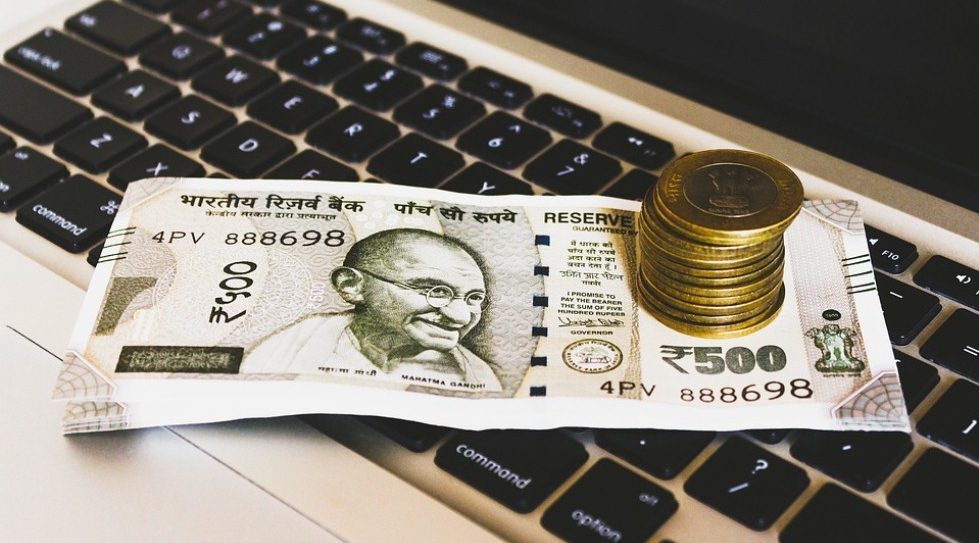TOKYO — As Toshiba weighs a takeover bid by CVC Capital Partners estimated to be worth more than $20 billion, much depends on the value of the Japanese industrial group’s former crown jewel: memory chips.
Analyst estimates of the market capitalization of unlisted Kioxia Holdings — a spinoff formerly known as Toshiba Memory — range from roughly 1.2 trillion yen ($11 billion) to 2.6 trillion yen. That means Toshiba’s 40% stake could be worth anything from 500 billion yen to twice as much.
This broad divergence owes to fluctuations in memory chip prices. Knowing Kioxia’s value, in turn, is needed to evaluate CVC’s bid, which is believed to be 5,000 yen per share, or 2.3 trillion yen — a roughly 30% premium to the undisturbed price.
Japan-based Kioxia, one of the world’s top suppliers of NAND flash memory, called off an initial public offering last year over earnings uncertainty created by the U.S. blacklisting of Huawei Technologies. With shipments to the Chinese telecom equipment giant halted, Kioxia’s valuation dropped to around 1.5 trillion yen, down 30% from an initial estimate.
While Kioxia has yet to fully restart sales to Huawei, another factor is at play: a surge in global demand for semiconductor devices during the coronavirus pandemic, which has accelerated a shift to digital work and education.
U.S. peers Western Digital and Micron Technologies were exploring bids this year for Kioxia that would value the Japanese company at about $30 billion, or 3.3 trillion yen, according to a Wall Street Journal report.
Adding analyst estimates of Kioxia’s value to a sum-of-the-parts valuation of Toshiba’s operations — which include infrastructure and elevators — produces a total of around 2.8 trillion yen. The latter estimate is based on analyst estimates of Toshiba’s earnings by segment.
Tokyo-listed Toshiba’s market capitalization on Tuesday — before the company confirmed a Nikkei report on CVC’s takeover proposal — came to about 1.74 trillion yen. The gap between the two figures owes to the so-called conglomerate discount — a perceived investor bias against unwieldy, inefficient corporate groups.
Management risks associated with Toshiba, including a past accounting scandal, fictitious deals booked at its subsidiary, and recent doubts cast by a leading shareholder on its management strategy, contribute to the difference as well.
Toshiba stock has since risen in Tokyo, ending at 4,510 yen Thursday for a market capitalization of 2.05 trillion yen. But activist investors value Toshiba much higher. At last year’s shareholders meeting, 3D Investment Partners priced Toshiba shares at more than 6,500 yen apiece, which put its total valuation at 3 trillion yen.
“Regular institutional investors might consider 5,000 yen an attractive price and approve the acquisition, but activists believe Toshiba is worth much more and are unlikely to accept that offer,” said Kota Ezawa at Citigroup Global Markets Japan.
Meanwhile, Toshiba appears to be actively considering the CVC offer. Given its involvement with government operations and long-term infrastructure projects, the company will set up a cross-department team led by Senior Executive Vice President Masayasu Toyohara to identify how falling under fund ownership could affect its contracts and credit policy.





